What is a learning journey?
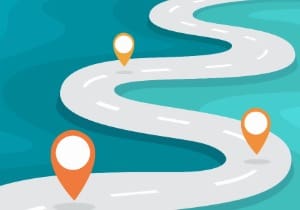
In early years circles the term ‘learning journeys’ (sometimes referred to as learning journals) refers to a collection of different documents collected by early years practitioners that provide a picture of a child’s development under the areas of learning identified in the Early Years Foundation Stage (EYFS). They are relevant to the early years and reception stages of education and can be used to prepare children for the transition into Year 1.
Learning journeys consist of photos, art-work, mark-making, activity sheets etc and should be interspersed with observations made by practitioners including notes of relevant conversations or comments made by the child. Practitioners should match any observations to the EYFS curriculum guidance. The purpose of a learning journey is to build a unique picture of what each child knows, feels and can do as well as his / her particular interests and learning style. This picture can then be used to pinpoint learning priorities and plan relevant and motivating learning experiences. Keeping track of when statements are achieved will help to identify evidence needs to be targeted in an observation.
Learning journeys: good practice
Where possible observations should be focused on children taking part in everyday activities. Evidence for achieving the EYFS statements should ideally be of things the children do always and naturally without prompting. Observations should be analysed against the EYFS statements for all areas of learning and next steps identified. There should be a good balance between child-initiated and adult-led activities as well as between spontaneous and planned activities. Talking to children about what they are learning and what they need to learn next will help to involve them in their own assessment.
Resources to help you create learning journeys
The learning journey should not be the sole preserve of the child’s key person. It should involve contributions from a variety of adults who have contact with the child, including their family. To this end you may find our learning journey parental guide useful. We also have an editable template for your learning journey cover, a collection of labels / stickers with the EYFS statements for each age group (particularly useful when gathering evidence of a child’s development). There are many other time saving documents available in our obsersvation and assessment section.
Comments
Leave a Reply
Popular Teaching Resources
Stay Up To Date
Sign up for our newsletter and we’ll let you know when we create new early years resources.
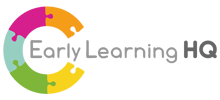

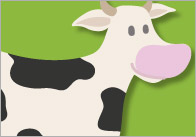
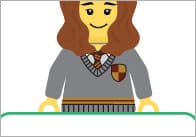
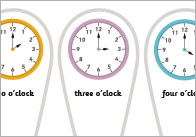
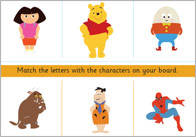
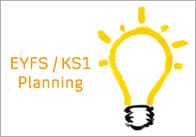
Is the learning journey a legal document?
in the baby unit does every obeservation/ photo have to directly link to the eyfs or say if u have a lovely photo/ob of a child that fits in PSE but doesnt come under a point can it still go in? also how many per term should b linked
No lynn and if you think it is you should not be working with children
Am thrilled I’ve found this site, its been invaluable! Love the learning journey template, but wonder if you have a page with same border and text box, that I could use for remainder of the journal please? Thanks a million 🙂
Lottie, is there any need to be so rude? Lynn was simply asking a question.
Hi Lynn,
The Early Years Foundation Stage Profile (EYFSP) is a required document.
There is more information in the statutory framework,
http://www.foundationyears.org.uk/files/2014/07/EYFS_framework_from_1_September_2014__with_clarification_note.pdf.
Lottie, maybe you could read this also to improve your understanding